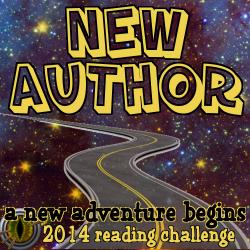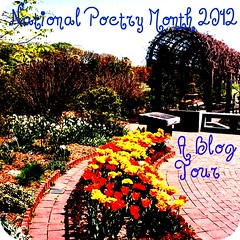
To check out what everyone has received over the last week, visit the blog and check out the links. Leave yours too.
Also, each week, Leslie, Vicki, and I will share the Books that Caught Our Eye from everyone’s weekly links.
Here’s what I received:
Poetry for Kids: Emily Dickinson edited by Susan Snively for review from QuartoKnows and MoonDance Press.
As the premier title in the Poetry for Kids series, Emily Dickinson introduces children to the works of poet Emily Dickinson. Poet, professor, and scholar Susan Snively has carefully chosen 35 poems of interest to children and their families. Each poem is beautifully illustrated by Christine Davenier and thoroughly explained by an expert. The gentle introduction, which is divided into sections by season of the year, includes commentary, definitions of important words, and a foreword.
Little Women by Louisa May Alcott, which I snagged at the library sale.
Little Women is the heartwarming story of the March family that has thrilled generations of readers. It is the story of four sisters–Jo, Meg, Amy and Beth– and of the courage, humor and ingenuity they display to survive poverty and the absence of their father during the Civil War.
Adrienne Rich’s Poetry, also snagged at the library sale.
This wonderful book: Adrienne, Rich Poetry: Texts of the Poems is a joy. The editor have carefully chooses their materials to provide the opportunity for an on-going study in the classroom, of an important American poet.
I Know Why the Caged Bird Sings by Maya Angelou, also snagged at the library sale.
Sent by their mother to live with their devout, self-sufficient grandmother in a small Southern town, Maya and her brother, Bailey, endure the ache of abandonment and the prejudice of the local “powhitetrash.” At eight years old and back at her mother’s side in St. Louis, Maya is attacked by a man many times her age—and has to live with the consequences for a lifetime. Years later, in San Francisco, Maya learns that love for herself, the kindness of others, her own strong spirit, and the ideas of great authors (“I met and fell in love with William Shakespeare”) will allow her to be free instead of imprisoned.
What did you receive?





 About the Author:
About the Author:





